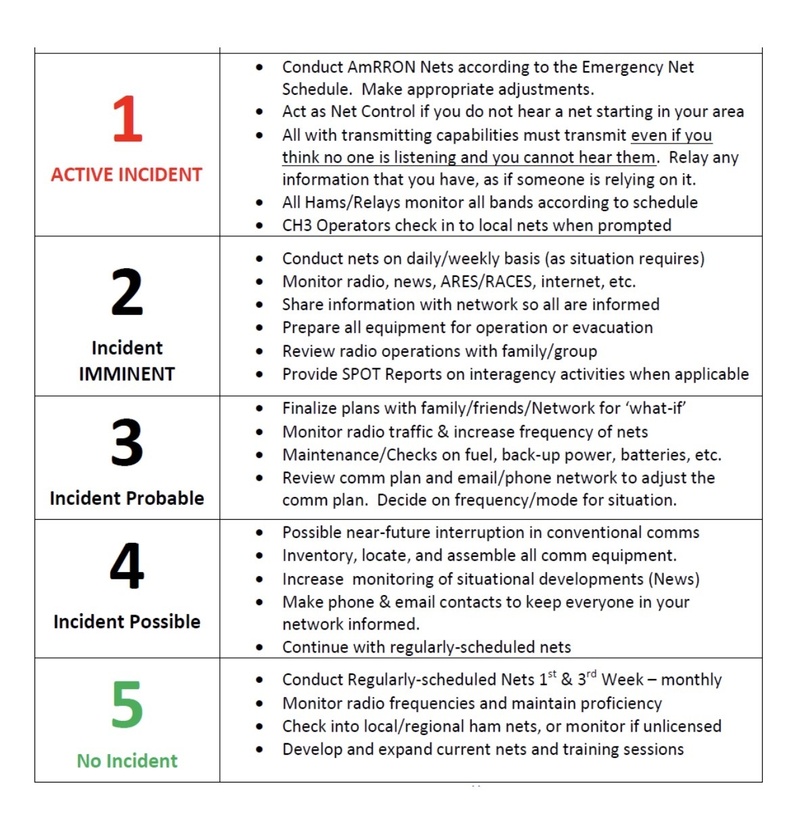
We know what’s coming and we are prepared.
UN Urges Governments and Platforms To Implement Its Guidelines For Censoring “Misinformation,” and “Hate”
UN Secretary-General Antonio Guterres last week addressed a high-level meeting in New York City to detail the ideas around preparing for “the next pandemic.”
In his remarks – although he had the good sense to first address issues related to actual diseases – Guterres also prominently urges governments and online platforms to implement guidelines designed to censor content that is designated as “misinformation, disinformation,” and, “hate.”
He would like countries around the world to commit to implementing what the UN calls its pandemic accord by May 2024, when the World Health Assembly (the governing forum for the World Health Organization, WHO) is set to convene.
Guterres called on governments to earmark more taxpayer money toward WHO – so that these contributions can cover half of the agency’s budget, and also, support “the proposed investment round.”
The UN chief then proceeded to lay out the organization’s plans “for the next pandemic,” and divided them into three areas of key importance.
Sustainable development was the first, misinformation second, and what he calls “responding to complex global shocks” – which actually proved to be highly likely the most damaging aspect of the Covid years – was only mentioned last.
Regarding “misinformation,” Guterres complained that it was the reason people were skeptical of the vaccines (which he, somewhat obliviously, references as being developed “in record time” – as a positive note.)
In keeping with the well-established alarmist and dramatic language that is heard from many governments and official and unofficial global and globalist groups, Guterres warns that “untruths and outright lies” went around the world faster than coronavirus itself.
The term “hate” then appears seemingly out of nowhere in this portion of the secretary-general’s address, as he proposes that countries accept the UN’s “framework for an international response to disinformation and hate.”
The recommendations from the framework can be found in the organization’s policy brief “on information integrity on digital platforms.”
The purpose of the brief is to “power” a future UN Code of Conduct for Information Integrity on Digital Platforms – and Guterres somewhat oddly remarks that the UN “hopes” governments and platforms will implement it voluntarily.
But he doesn’t go into what the alternative to voluntary implementation might be.
🔗Source: ReclaimTheNet
Substack | Twitter | Minds
📡 Follow:
@G3News
This guy wrote a 25 line Python script he claims "can probably unredact all of the Epstein files in less than 30 seconds".
"I am not suicidal, I am a great swimmer, and I look forward to living my life well into my 80s."
Follow @RealWideAwakeMedia for more content like this!
Merch: https://wideawake.clothing
X | YT | IG | Rumble
US / Iranian Conflict
Raising to AmCON 3 (Incident Probable)
Due to the following: deteriorating negotiations between the United States and Iran; the surge in the past 48 hours of “final stage” US military assets into the Middle East; vacating US personnel from bases in Syria; the “Fatwa” issued last summer by Iranian clerics in the Summer of 2025 calling Muslims around the world to rise up if Iran is attacked; the numerous reports of Iranians who have infiltrated the US southern border in recent years and the warnings of “sleeper cells” in the United States, AmRRON is raising the AmCON one level, to Level 3 (Incident Probable).
AmRRON Special Guidance and Instructions:
AmRRON will remain at AmCON 3 until further notice, and we will continuously be monitoring the situation. Additional changes to the AmCON level, and any special instructions or guidance, will be posted here, as well as through the AmRRON member Telegram Channel, the AmRRON Corps Z-Net, and the AmRRON Mobile Team App....

If you’re a parent, this should make your stomach drop!
Every year, millions of families across America proudly display school photos of their children.
On refrigerators. In picture frames. Sent to grandparents and relatives across the country.
But here’s what most parents are never told…
Those school photos are taken by Lifetouch — the largest school photography company in America.
Lifetouch is owned by Shutterfly.
Shutterfly was acquired by Apollo Global Management.
And Apollo Global Management was co-founded by Leon Black — a name that appears in the Epstein files.
That means millions of children’s images are uploaded into databases every single year by a corporate structure tied to someone connected to Epstein.
Let that sink in!
https://vxtwitter.com/i/status/2019500982997041332


















